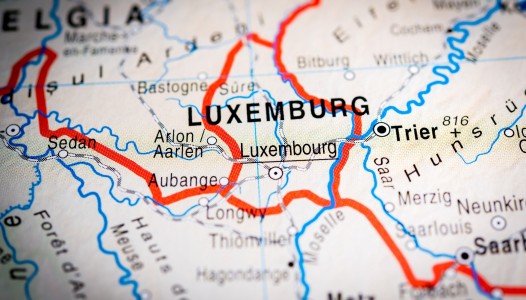On 28 December 2022, Luxembourg submitted to the Commission a request for the disbursement of €20.2 million under the Recovery and Resilience Facility (RRF). The request was based on the achievement of the 26 milestones and targets for the first instalment, as outlined in the Council Implementing Decision approving the plan. This includes the entry into force of the “Housing Pact 2.0” reform aimed at increasing the supply of affordable rental housing offered by municipalities, as well as the digitalisation of the public sector with the development of the “MyGuichet.lu” mobile application. It also covers green mobility measures with, for instance, the implementation of a legal framework setting a minimum percentage of clean vehicles in public procurement contracts. The milestones and targets also confirm progress towards the completion of investment projects related to ultra-secure communication with the Luxembourg Quantum Communication Infrastructure Laboratory, the upskilling of the workforce with the launch of the “FutureSkills” programme, and the digitalisation of health.
With their request, Luxembourg authorities provided detailed and comprehensive evidence demonstrating the fulfilment of the 26 milestones and targets. The Commission has thoroughly assessed this information before endorsing the positive preliminary assessment of the payment request.
What are the next steps?
The Commission has now sent the positive preliminary assessment of Luxembourg’s fulfilment of the milestones and targets required for this payment to the Economic and Financial Committee (EFC), asking for its opinion. The EFC’s opinion, to be delivered within maximum four weeks, should be taken into account in the Commission’s assessment. The Commission will adopt the decision on the disbursement of the financial contribution, in accordance with the examination procedure, through a comitology committee. Following the adoption of this decision by the Commission, the disbursement to Luxembourg would take place. The amounts disbursed to Luxembourg will be published in the Recovery and Resilience Scoreboard. The Commission has also shared its positive preliminary assessment with the European Parliament.
How do the milestones and targets achieved by Luxembourg so far effectively support the green transition?
The green transition is supported by specific reforms and investments, such as the implementation of a legal framework setting a minimum percentage of clean vehicles in public procurement contracts. Luxembourg has also developed agreements with municipalities for the protection of nature and biodiversity.
How do the milestones and targets achieved by Luxembourg so far effectively contribute to the digital transition?
The country took the first steps towards developing and deploying an ultra-secure communication infrastructure by creating the test infrastructure, the so-called LuxQCI Lab. Luxembourg also improved the digitalisation of the public sector with the development of the MyGuichet.lu mobile application.
How do the milestones and targets achieved by Luxembourg so far contribute to improving Luxembourg economic and social situation, and its resilience?
Luxembourg set the ground for a national Skills strategy (Skillsdësch), while launching a set of successful training programmes (FutureSkills), to help reskill and upskill job seekers in a labour market impacted by the COVID-19 pandemic. Luxembourg has also started to implement several key reforms of its plan by addressing structural challenges of the country. Notably, the “Housing Pact 2.0” reform aimed at increasing the supply of affordable rental housing offered by municipalities, has entered into force. To fight money laundering and terrorist financing, Luxembourg reinforced the legal framework and enhanced the state’s capacity to monitor and detect such risks.
Does the achievement of these first milestones and targets contribute to an effective implementation of the Plan?
The milestones and targets fulfilled constitute significant steps in the implementation of Luxembourg’s recovery and resilience plan. They cover reforms in the areas of green mobility, housing, digitalisation of the public sector and transparent and fair economy. In addition, several investments are included in the fields of skills, ultra-secure communication and digital health.
Luxembourg has also validated its control and audit procedures concerning the organisation and treatment of data under the RRF.





